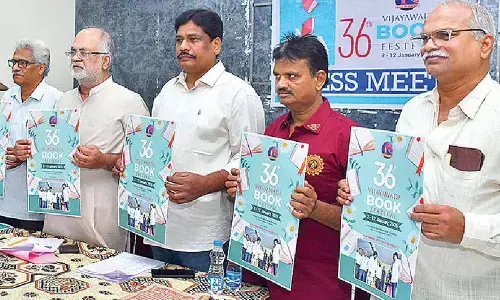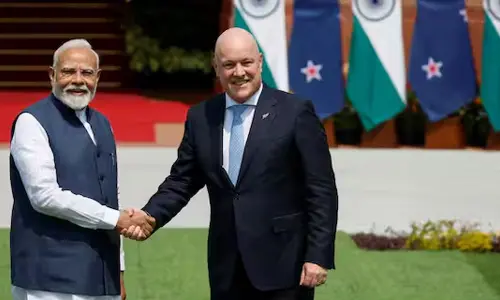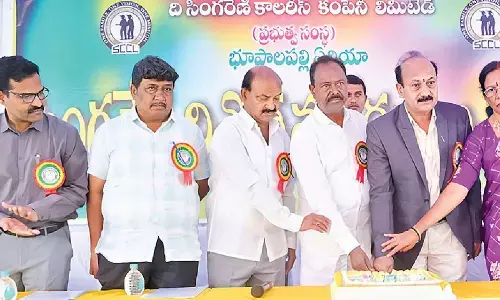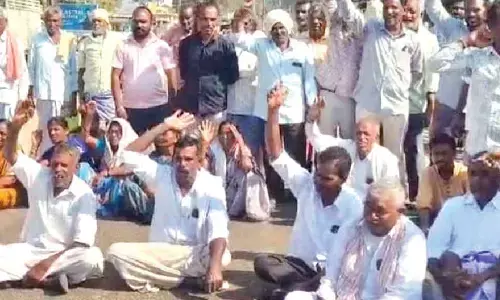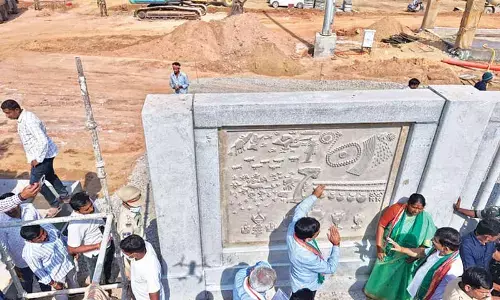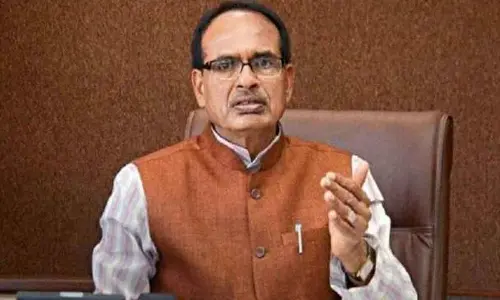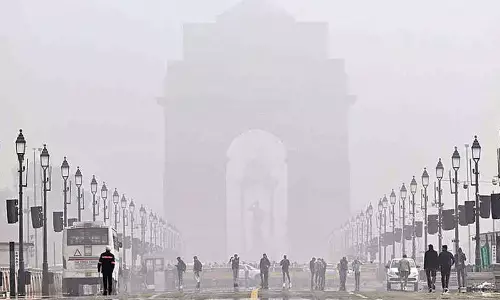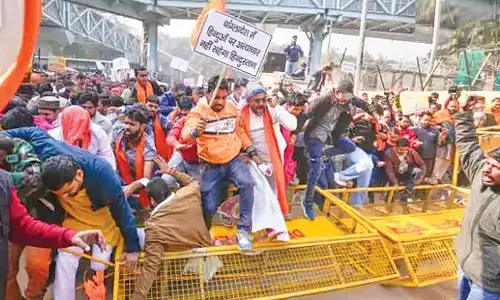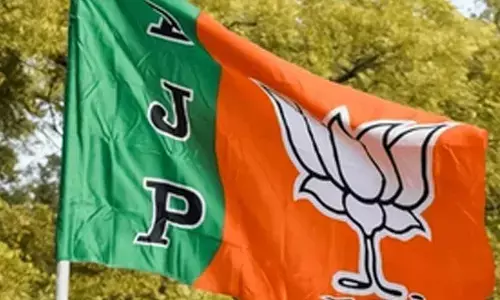PM Modi Defends Ganesh Puja Participation, Criticizes Opposition's 'Divisive' Stance
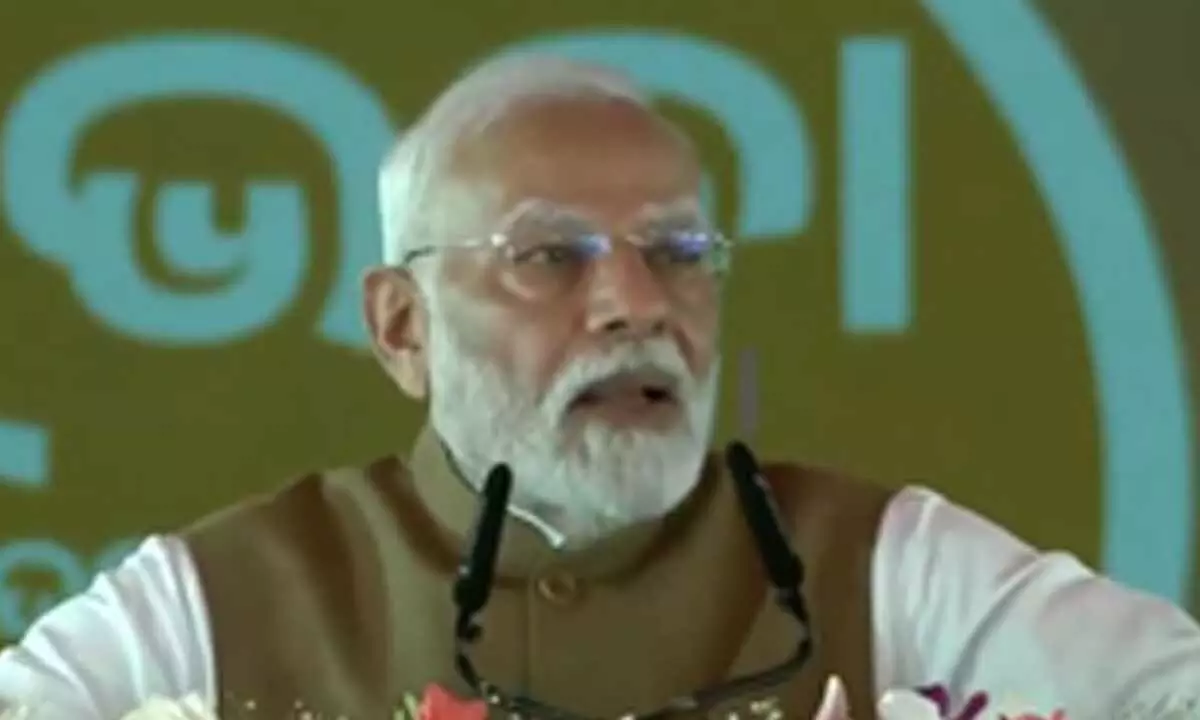
- Prime Minister Narendra Modi responds to controversy over his attendance at CJI Chandrachud's Ganpati celebration, accusing opposition of divisive politics and drawing parallels with colonial-era tactics.
- The Prime Minister drew parallels between current opposition criticism and colonial-era tactics, stating, "Even during British rule, those following divide-and-rule policies opposed Ganesh Utsav.
Prime Minister Narendra Modi has addressed the recent controversy surrounding his participation in Chief Justice of India DY Chandrachud's Ganpati puja celebration. Speaking at a rally in Bhubaneswar, Modi criticized what he termed as "power-hungry and divisive forces" that take issue with Ganesh puja celebrations.
The Prime Minister drew parallels between current opposition criticism and colonial-era tactics, stating, "Even during British rule, those following divide-and-rule policies opposed Ganesh Utsav. Today, individuals focused on fragmenting society express similar concerns."
Modi specifically called out the Congress party and its supporters, claiming they were "rattled" by his involvement in the Ganesh puja. He emphasized the historical significance of Ganesh Utsav, portraying it not merely as a religious festival but as a unifying force during India's independence struggle.
The Prime Minister condemned what he described as a "hateful mindset" among those critical of the celebration. He urged the public to resist such divisive influences, suggesting that opposition to Ganesh puja reflects a broader agenda to divide the nation.
These remarks come in response to criticism from opposition parties questioning the appropriateness of the Prime Minister's participation in a religious event alongside the country's top judicial figure. Modi's strong defense of his actions and his characterization of the criticism as divisive politics highlights the ongoing tension between secular governance and religious traditions in India's political landscape.








